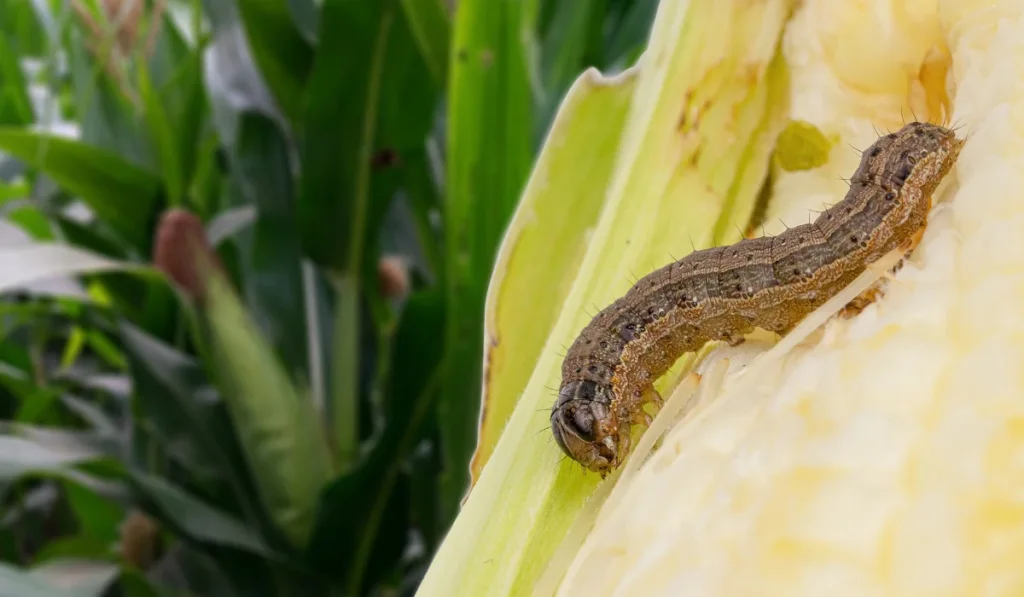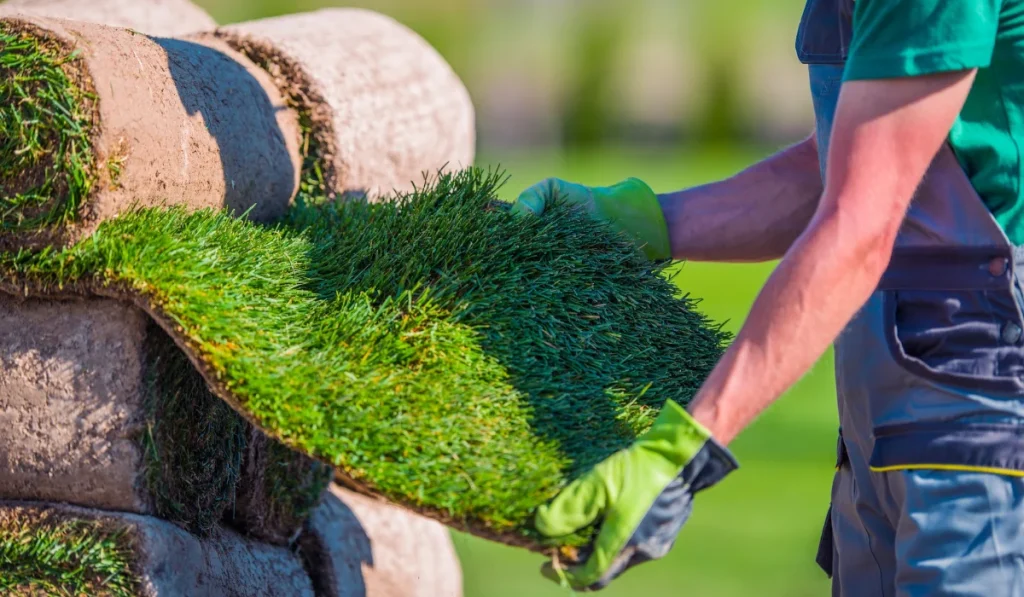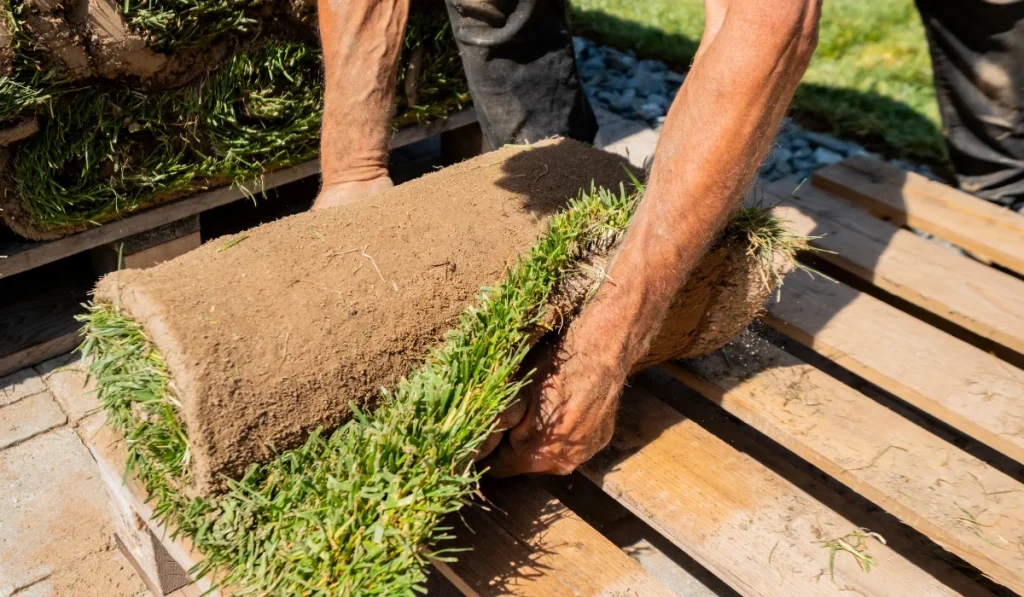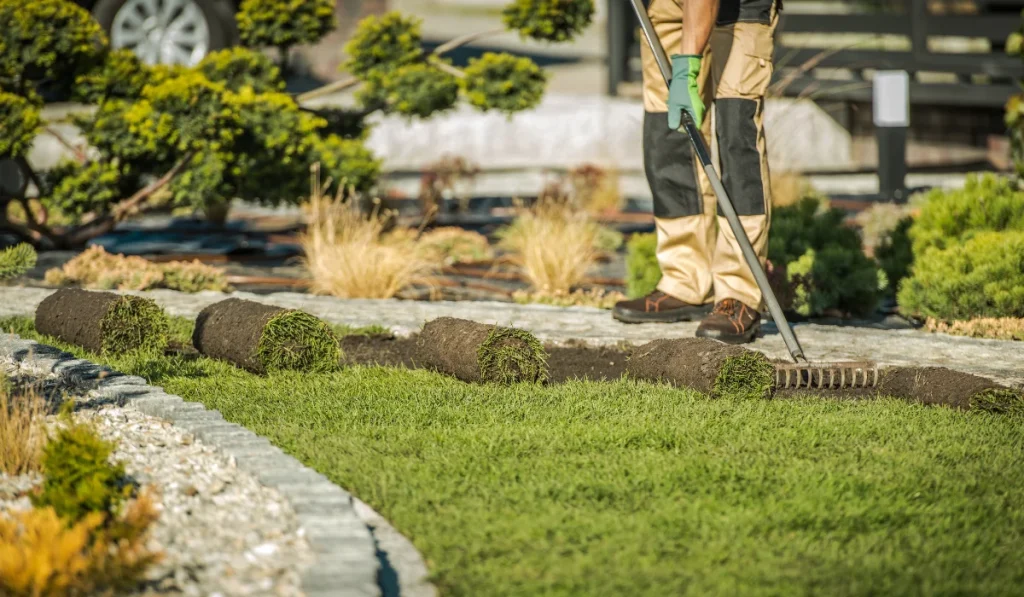Are armyworms destroying your lawn? These voracious pests can wreak havoc on your grass, leaving behind a trail of devastation. To get rid of them from your lawn, you need to know the best strategies and tools available.
Read on to learn the steps and tips to protect your garden from these invasive insects.
Key Takeaways
- Neem oil and beneficial nematodes can be effective natural solutions for army worms.
- Liquid and granular insecticides offer stronger, chemical-based control for severe infestations.
- Regular mowing, aeration, and proper fertilization can help prevent armyworms from returning.
How to Get Rid of Armyworms Naturally

Dealing with army worms, particularly those from the Spodoptera genus, can be tricky. Natural methods are available that offer effective short-term management options.
Apply Neem Oil
Neem oil is a natural pesticide that can help keep army worms in check. Derived from the seeds of the neem tree, this oil contains compounds that disrupt the feeding and reproduction of many garden pests.
For pest control, mix about two teaspoons of neem oil with a quart of water and a few drops of dish soap. Adjust the mixture proportionally for larger lawns, ensuring the neem oil concentration remains consistent.
Introduce Beneficial Nematodes
Beneficial nematodes are microscopic worms that can target and kill armyworms. They hunt for large numbers of pests in the soil, infecting them with bacteria that eventually kill the host.
These natural predators are especially effective in late summer when armyworm infestations tend to spike in the South. They’re safe for plants, pets, and humans.
How to Get Rid of Armyworms with Insecticides
Combatting armyworm infestations can also involve targeted chemical treatments to protect your plants effectively.
Apply Liquid Insecticides
Liquid insecticides are a common and effective method for controlling army worms. These treatments often involve mixing a concentrated insecticide with water in a sprayer.
Depending on the product, apply it directly to the foliage or soil where they are most active. When applying, follow the manufacturer’s instructions carefully to avoid harming beneficial insects.
Use Granular Insecticides
Granular insecticides offer an alternative form to control armyworms. They are small, pellet-like granules impregnated with pesticides that you apply directly to the soil or plants. These granules slowly release the insecticide as they dissolve.
Make sure the granules are evenly scattered across the area to hit all the infested spots. Watering after application helps activate the granules.
What Are the Early Signs of Armyworms Coming Back
Knowing the tell-tale signs that armyworms are returning to your garden can help you act quickly. As homeowners, here are the warning signs to be aware of:
| Signs | Description |
|---|---|
| Brown Patches | The first sign of armyworm damage is rough, discolored brown spots on the lawn. |
| Adult Armyworm Activity | Armyworm moths are seen around lights in the late evening from late summer to early fall. |
| Armyworm Caterpillars | Small, striped caterpillars in the larval stage of the life cycle are visible in the grass or on plants. |
| Egg Clusters | Finding armyworm egg clusters under leaves indicates that an infestation is likely imminent. |
| Changes in the Lawn | Fall armyworms are most active during early fall. |
How to Prevent Armyworms from Coming Back
Army worms can cause havoc on lawns, but proactive steps can keep them at bay. Here’s how to keep armyworms away:
- Mow regularly to keep grass blades short and remove hiding places and food sources.
- Maintain healthy turf grasses like fescue or Bermuda grass, which can make your lawn less attractive for pupae.
- Water in the early morning to prevent the lawn from becoming too dry, as they are attracted to dry thatch and grass.
- Aerate and overseed to create a dense lawn, making it harder for adult moths to lay eggs.
- Remove thatch buildup by raking or using mechanical equipment to reduce armyworm shelter.
- Fertilize correctly with a balanced schedule to boost plant health without encouraging pests.



